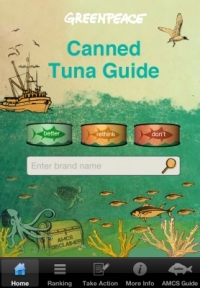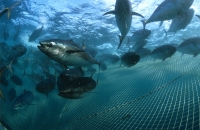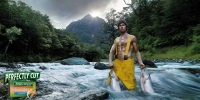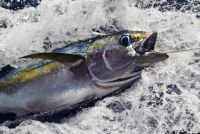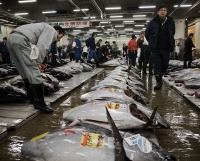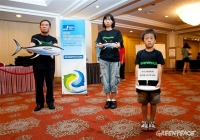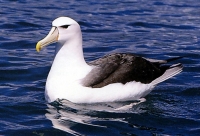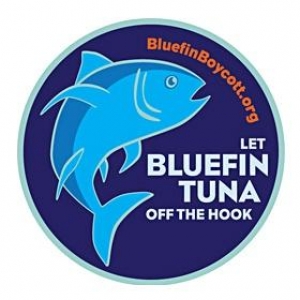Tuna is in trouble. It's is one of the world’s favourite fish, and the staple protein of millions, but it is overfished globally.
Are the words “dolphin-friendly” or “dolphin-safe” on local tuna cans truthful, considering that most of our canned tuna seems to be imported from the Philippines, or Thailand?
John West, one of Australia’s leading canned fish manufacturers, has pledged to stop using destructive fishing methods. They have committed to phasing out the use of wasteful Fish Aggregating Devices (FADs) by 2015.
The monitoring of tuna fisheries must be strengthened and transfers of fish at sea banned to end the overfishing crisis in the Indian Ocean, Greenpeace International said earlier this month after it again found illegal fishing operations in the region.
That marine biologists found elevated traces of radioactive cesium in Pacific bluefin tuna is not reason enough to stop eating the fish. That the fish are often caught when they are only 1 or 2 years old and sold in markets and grocery stores before reaching maturity is.
Foreign fishing vessels are stealing fish from the Indian Ocean, and depriving local communities of their livelihood.
Chow Yuen Ping reports from Busan, South Korea, where he attended the 8th Scientific Committee meeting of the Pacific Tuna Commission. Over 150 scientists and representatives, including those with big fishing industries, gathered to review the tuna stock status.
The Indian Ocean Tuna Commission (IOTC) today agreed to measures that, if appropriately implemented by tuna longline fishing vessels, will result in significant reductions in albatross mortality.
Right now, Atlantic bluefin tuna are being pushed to the brink of extinction by overfishing, yet many sushi restaurants continue to serve it.





